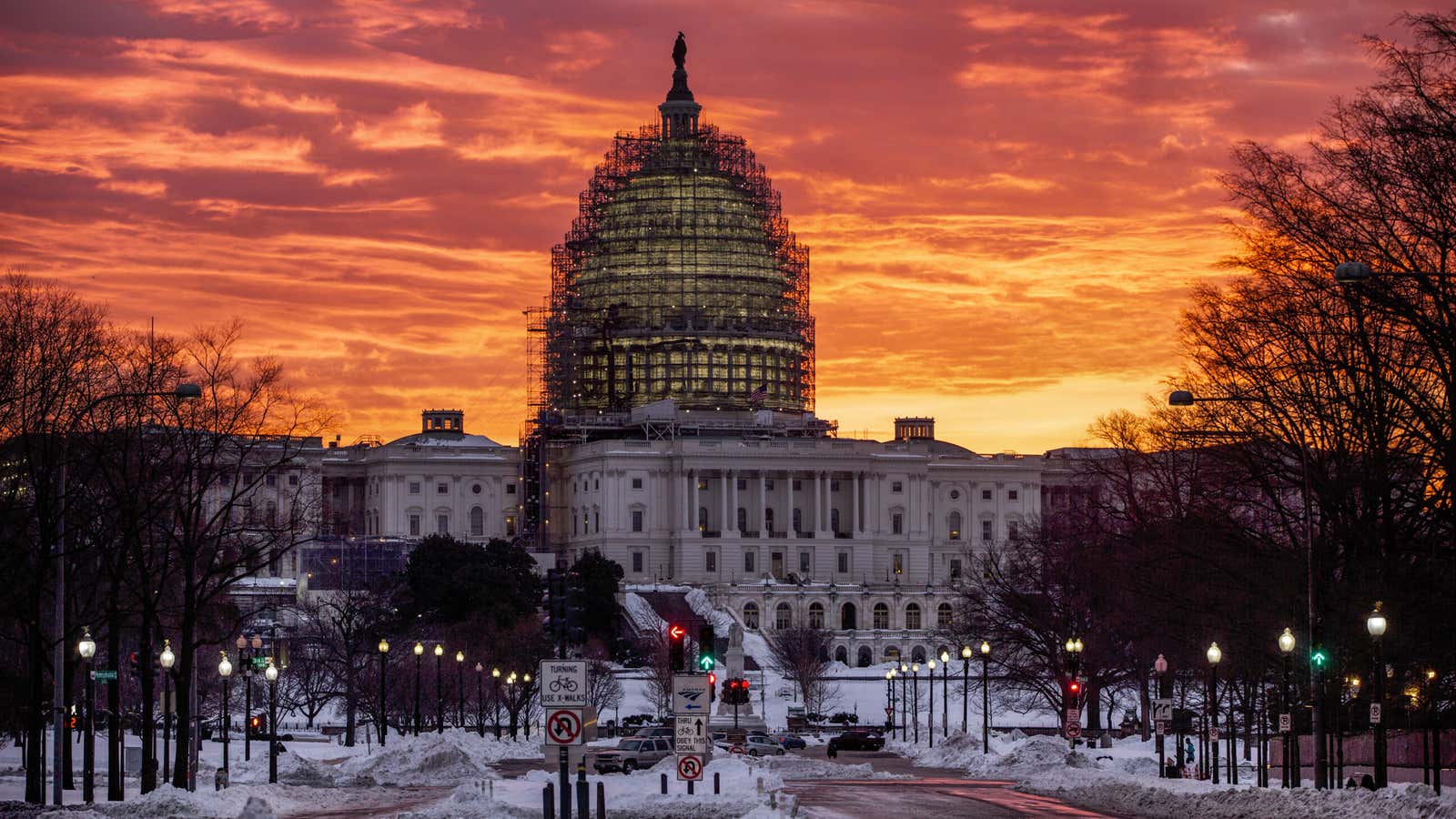There’s that word again.
For the first time since the immediate aftermath of the Great Recession, the R-word has returned in a serious way to economic dialogue.
Most economists are quick to downplay the risk that the US economy is on the verge of contracting, but the very fact that it’s even up for discussion reflects a widespread uneasiness among investors and businesses.
The reason why we’re talking about a recession is simple. Recent economic numbers and market signals suggest the US isn’t completely insulated from economic crosscurrents lashing some of the world’s other large economies.
A key gauge of US manufacturing activity shows the sector has been contracting for four consecutive months.
The stock market continues to struggle mightily. The S&P 500 sits 12% below its May 2015 high, amid jitters over the Chinese slowdown and lackluster corporate earnings.
But, more importantly, signals from the bond market look ominous.
Yields on US Treasury bonds have tumbled recently, in a sign that investors are buying super-safe government debt. (When bond prices rise, yields fall and vice versa.) This is what it looks like when investors assume the fetal position.
And investors are even shunning quite safe corporate bonds, which has pushed borrowing rates higher for even well-run companies.
More broadly, businesses seem to be battening down the hatches and cutting back on investment.
That’s the takeaway from the latest US GDP data, in which nonresidential investment—business investment, essentially—declined at a 1.8% annualized rate.
So are we doomed to a recession?
Not necessarily. A big question remains unanswered: How much of the dour data is due to the truly ugly bust going on the US energy sector right now? If outsized declines in energy are a key reason everything else looks so bad, one could expect the economy to carry on reasonably well over time.
Another reason to keep hope alive: The solid US job market.
And that’s helping to keep consumer confidence—a key gauge to watch in an economy that’s nearly 70% consumption—relatively strong.
On the other hand, if economic data were to start showing signs of weakness more broadly, such as in the all-important US consumer sector, it’s unclear whether there will be much we can do to bump growth back up.
Election year politics makes any kind of stimulus from government spending or tax cuts highly unlikely. The Fed likewise is typically thought to be sheepish of acting during election years for fear of looking political. Like it or not, after years of being reliant on the government—mostly in the form of the Fed—to keep growth going, the US economy might have to deal with any kind of serious wobble on its own.
